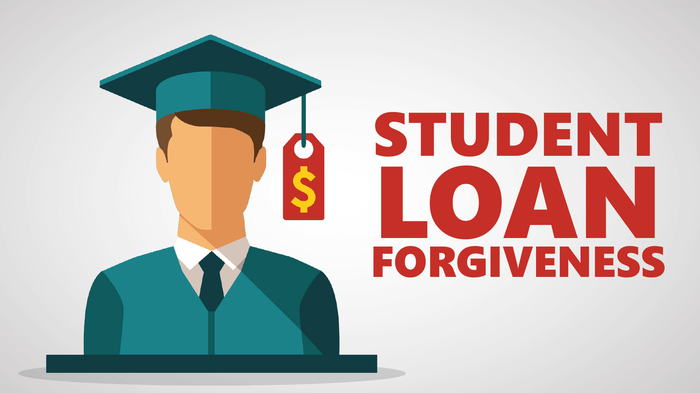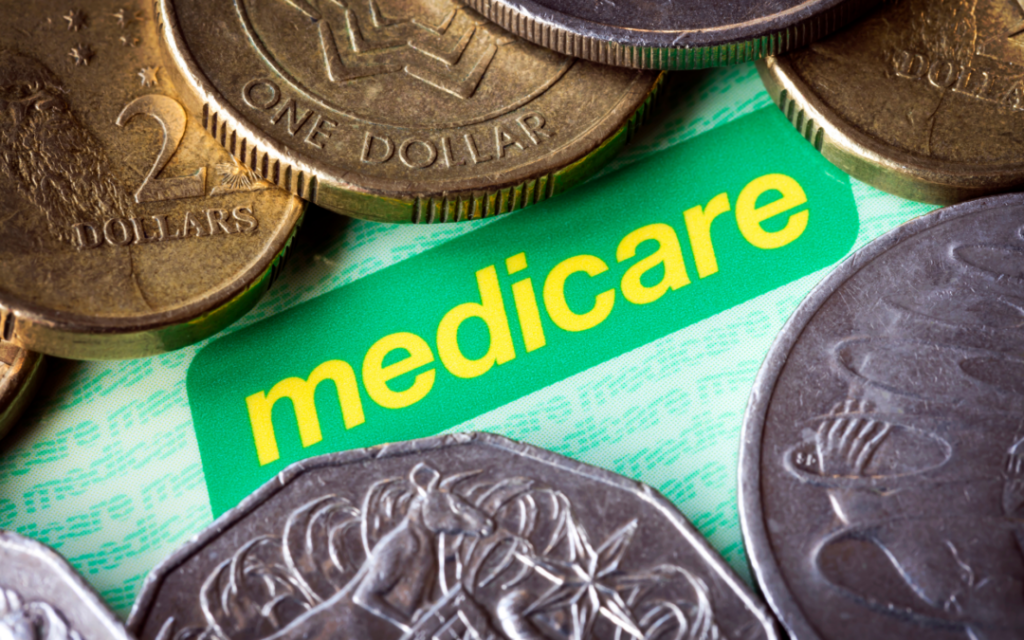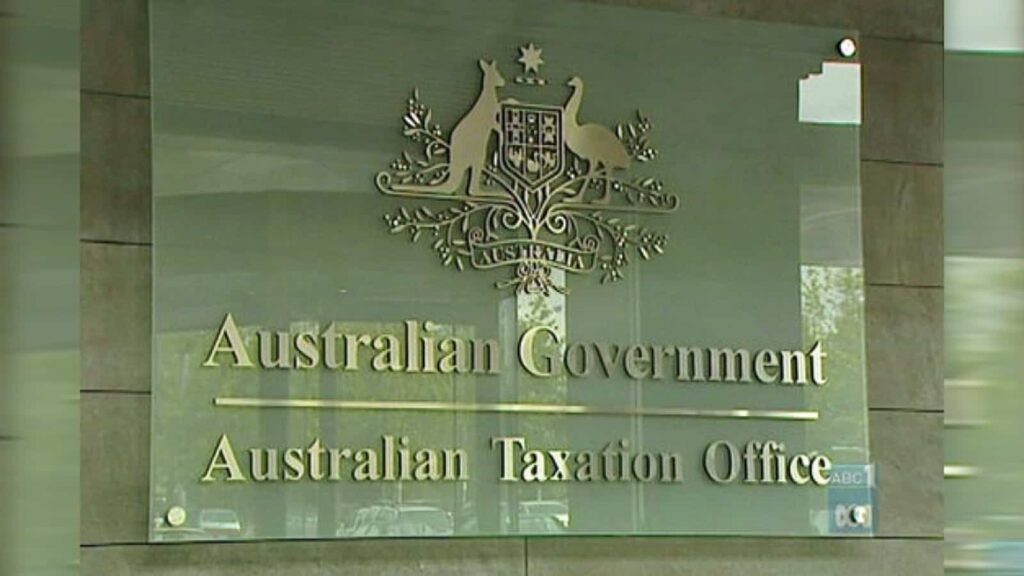Do you have a mountain of student loan debt? Do your monthly bills feel like an anchor weighing down your aspirations for financial success?
You’re not alone, after all. Around the country, millions of recent graduates are struggling under the weight of their student loan debt. The good news is that student loan forgiveness programmes could be your key to financial security.
Student Loan Forgiveness: All You Need to Know
Student loan forgiveness is the process of having your student loan debt canceled. This can be done through a variety of programs, including government programs, private programs, and loan forgiveness programs offered by employers.
Student loan forgiveness has several advantages.
One benefit is that you may have more money each month to invest, establish a business, or save for retirement.
Your credit score can rise as a result of student debt forgiveness, which will make it simpler for you to get other loans in the future.
Who is eligible for student loan forgiveness?
Depending on the programme, different individuals may be eligible for student loan forgiveness. But most programmes have a few standard prerequisites in common.
For instance, you must normally have a valid Social Security number as well as be a citizen or permanent resident of the United States. Additionally, you must not be in default on your student loan debt and be in good standing.
Forgiveness programs require specific types of employment, consistent payments, and loan type. Ensure you’re working in an eligible field and your employer qualifies.
Federal loans typically qualify, while private loans don’t. Confirm your loan type before applying.
Different types of Student loan forgiveness programs available
A federal programmer called Public Service Loan Forgiveness (PSLF) enables borrowers to have their college debts forgiven after making 120 qualifying payments and working full-time for an approved business.
Through the federal programme known as Teacher Loan Forgiveness (TLF), teachers who have worked in low-income schools for five years straight are eligible to have up to $5,000 of their student loans cancelled.
Income-Driven Repayment (IDR): Under IDR programmes, which are federal initiatives, your monthly student loan payments are limited to a predetermined proportion of your income.
Any outstanding loan sum may be forgiven if IDR installments have been made for twenty to twenty-five years.
Private student loan forgiveness plans:
Some private lenders provide their borrowers with student loan forgiveness plans. Typically, these programmes have different standards than federal ones.
In conclusion, Student loan forgiveness offers hope but can be a challenge. Certification errors, incorrect payment plans, and potential tax consequences can hinder the process.
Double-check your employment or payment history, ensure you’re on the right income-driven repayment plan, and plan ahead to avoid potential tax consequences.
Student Loan Forgiveness: All You Need to Know




